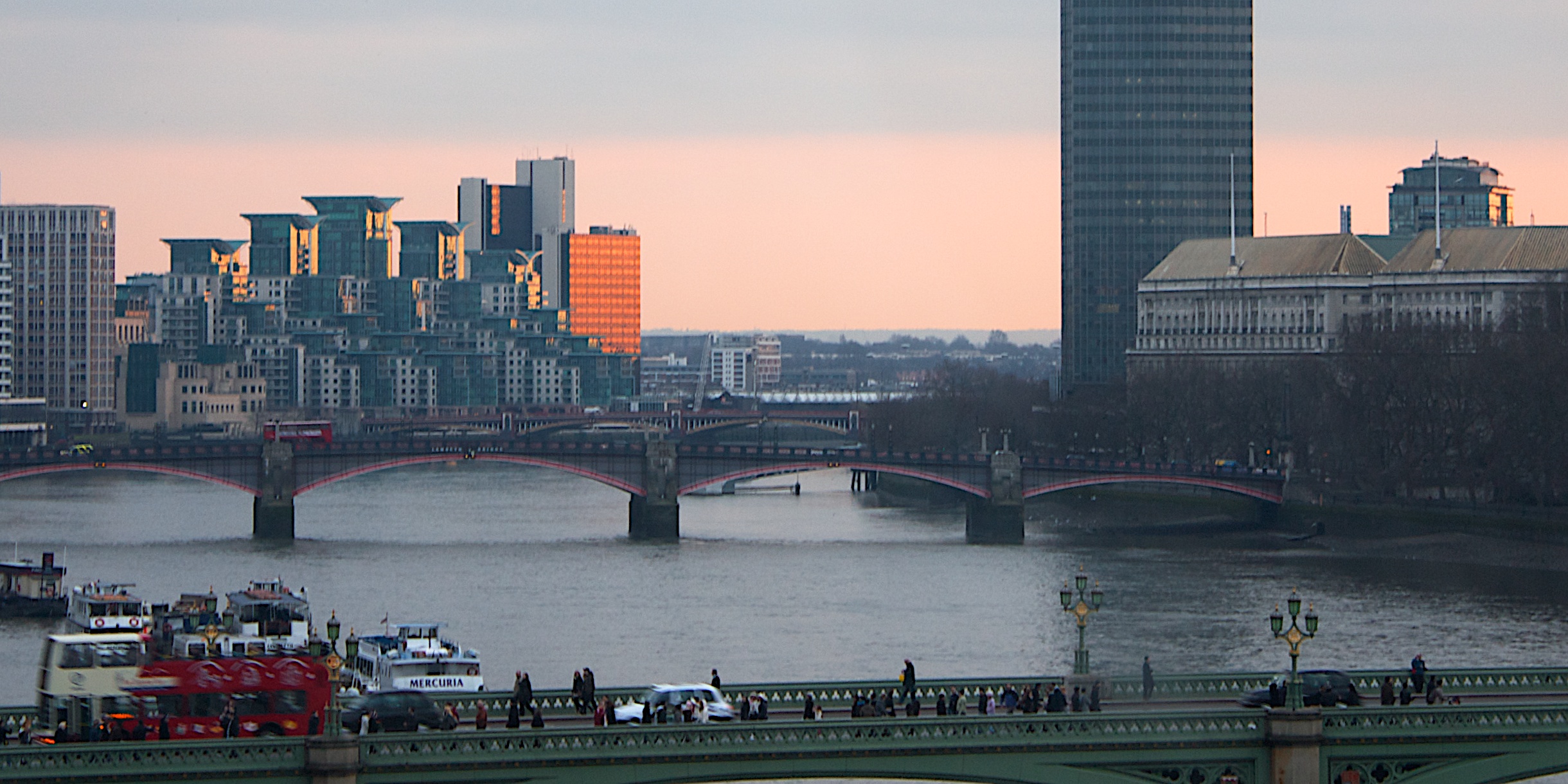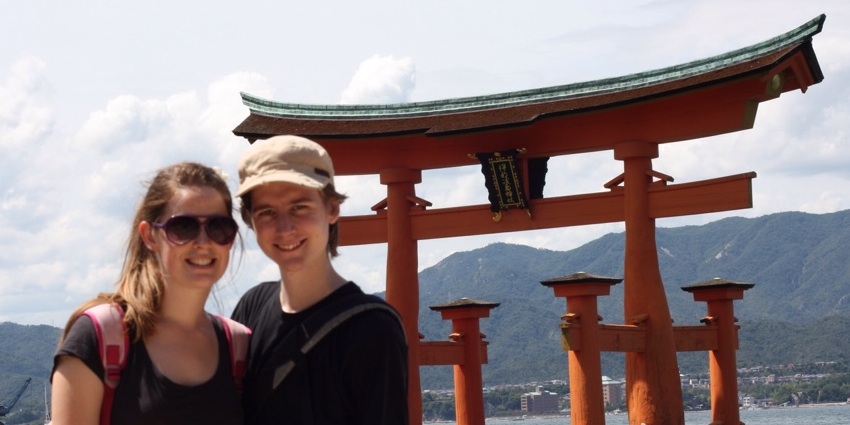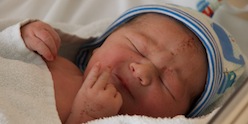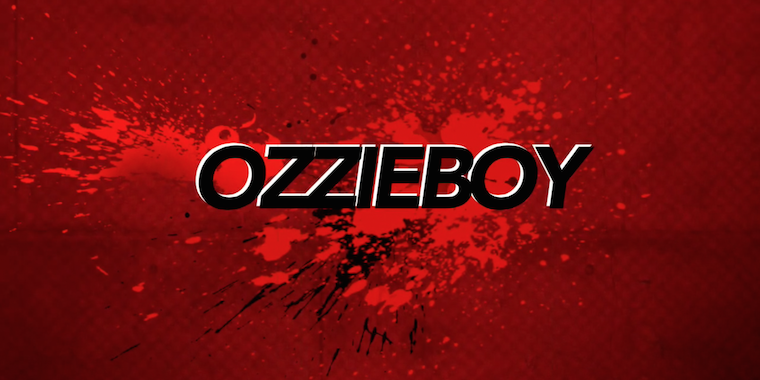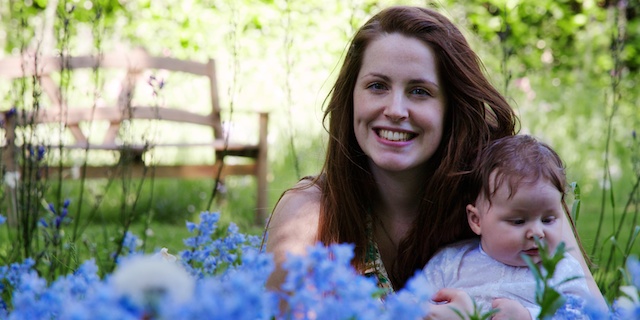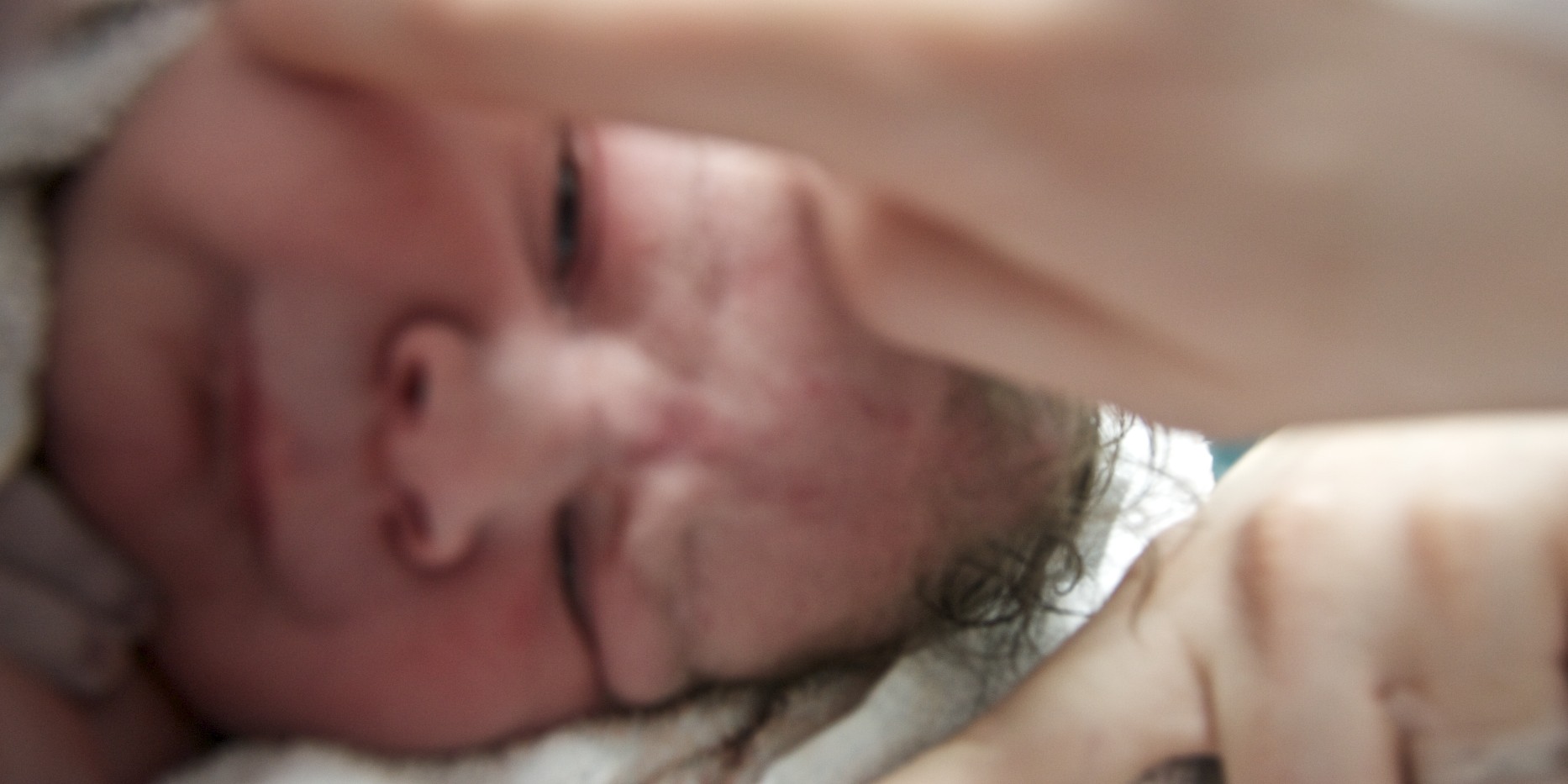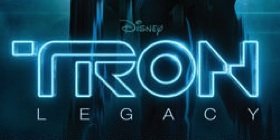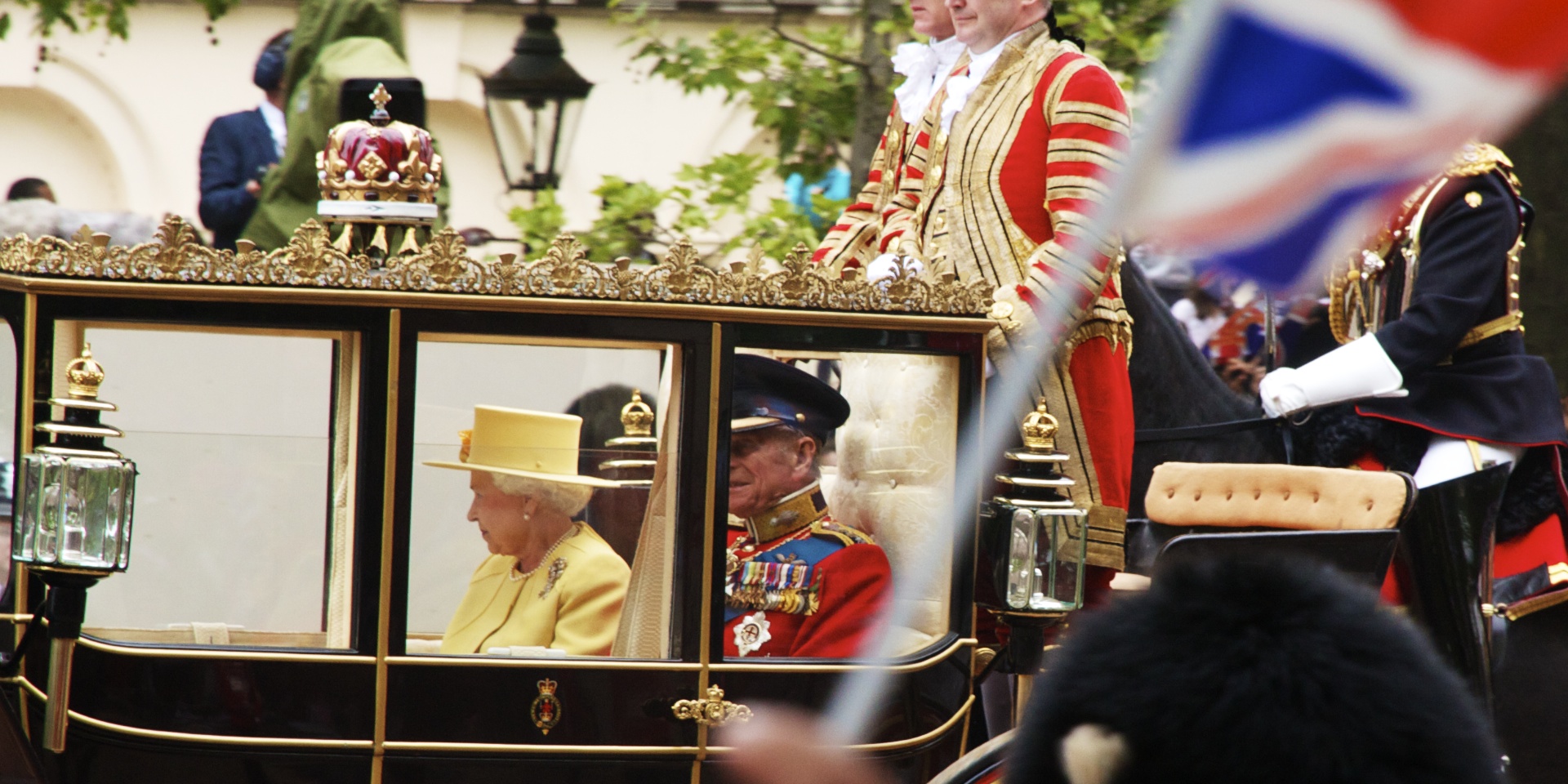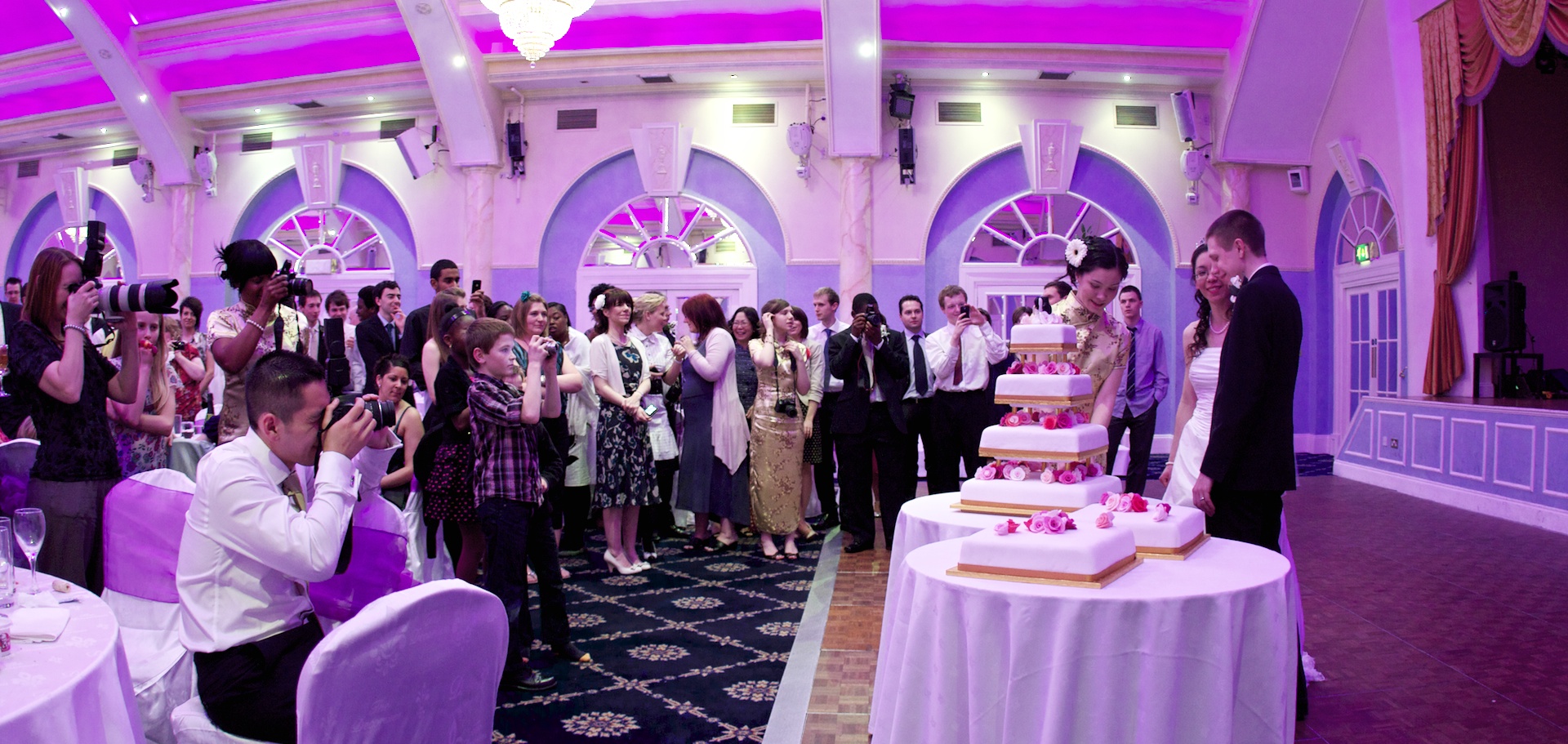Word would always put a green squiggle under a 'which' that wasn't preceded by a comma, because some Americans think you should only use 'which' for non-restrictive phrases (i.e. asides) and that only for restrictive phrases.
Now, whenever I read a book (such as the Dreaming Void) that makes heavy use of 'which' for restrictive phrases I cringe (e.g. "It was the station which claimed his real attention." in the prologue)
I did some research, and although it's true that some American style guides say the rule is as simple as 'which for non-restrictive, and that for restrictive', it's more common to use 'which' for either case (with commas for non-restrictive) but 'that' for only restrictive.
Except in some cases, where 'which' doesn't feel right.
- In clauses that follow impersonal constructions, such as it is, that is preferred: “It was the dog that died”.
- Clauses that refer back to the words anything, nothing, something, or everything have a slight preference for that over which: “Can you think of anything that still has to be done?”
- Clauses that follow a superlative also tend to prefer that: “Thank you for the most superb dinner that I’ve ever eaten”.
http://www.worldwidewords.org/articles/which.htm
Some good discussion here, too http://grammar.quickanddirtytips.com/which-versus-that.aspx (comments are best read bottom to top, to go from old to new)


